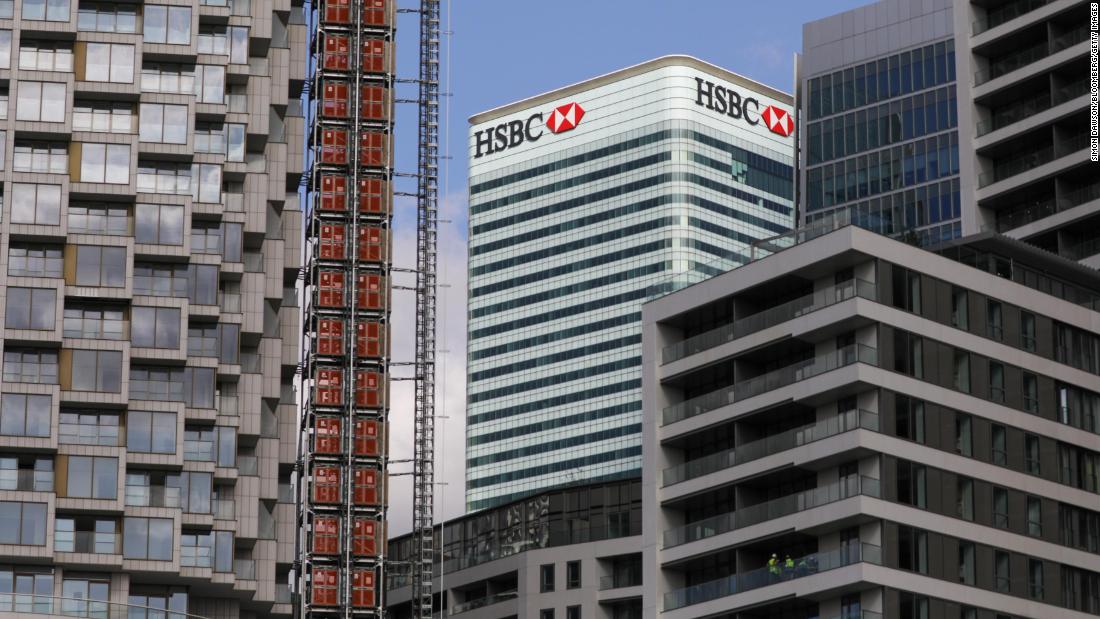
Ping An spoke with HSBC privately, ahead of the bank’s earnings and annual shareholder meeting last week, though it did not recommend a specific path forward, according to the person. But options would include spinning off the lender’s Asian business or creating a separate entity in Hong Kong, the bank’s biggest market.
Ping An has an 8% stake in HSBC, according to the bank’s latest annual report.
That led to an outcry among retail investors in Hong Kong, where HSBC is a mainstay of many portfolios, and prompted calls for the bank to justify its global structure and improve shareholder value.
“We believe we’ve got the right strategy and are focused on executing it,” the spokesperson said. “Delivering on this strategy is the fastest way to generate higher returns and maximize shareholder value.”
At an earnings presentation in February, CEO Noel Quinn said that 77% of its wholesale banking revenue had “some form of cross-border connectivity,” and half of revenue in its global banking and markets division “in the East” came from Western clients.
But the bank has long faced questions about how it should be organized and even where it should be based, because Asia is central to its business.
HSBC was founded in Hong Kong more than 155 years ago, but it has been based in the United Kingdom since 1992, after acquiring Midland Bank, a large British retail bank.
In a statement Tuesday, Ping An said that it would “support any suggestions to improve the value of HSBC and improve its business management.”
“We want a debate about the future of the bank. We want shareholders to participate in the debate and to propose solutions for HSBC,” the firm said. “Ping An supports all reforms and proposals from investors that can help HSBC’s operations and long-term growth.”
